We all know that honey is good for us. But what happens when you eat too much honey?
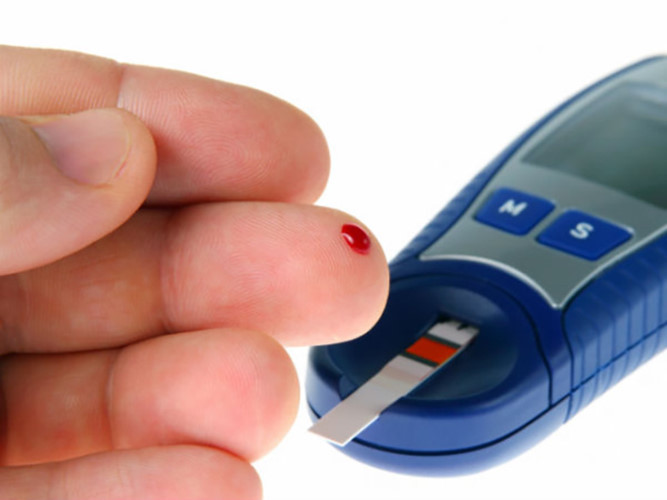 |
| Increased blood sugar:Since honey is high in carbohydrates, it tends to increase blood sugar levels. In healthy people, insulin production will reduce sugar levels, but people with diabetes may experience an abnormal increase in blood sugar levels. Therefore, honey is strictly prohibited for people with diabetes. |
 |
| Dental problems:According to some sources, about 82% of honey consists of sugar and it can easily cause cavities. Honey can easily stick to teeth because of its high viscosity. Honey helps bacteria in the mouth to produce acid which leads to tooth enamel erosion and cavities. Therefore, it is advisable to limit the use of honey in the diet. |
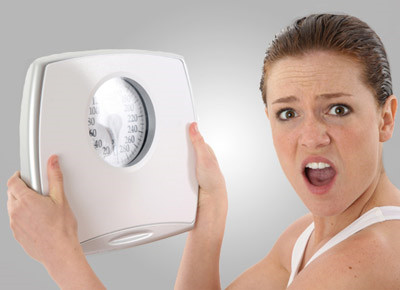 |
| Weight gain:Honey will make you gain unwanted weight. The main culprit is fructose in honey. Too much of it can lead to obesity and other health problems due to its high sugar content. Although it is natural, too much sugar can affect your heart. |
 |
| Effects on the digestive tract:Honey is acidic and can erode the lining of the stomach, esophagus and intestines, leading to digestive problems. If honey is consumed for a long time, it can cause acid reflux. |
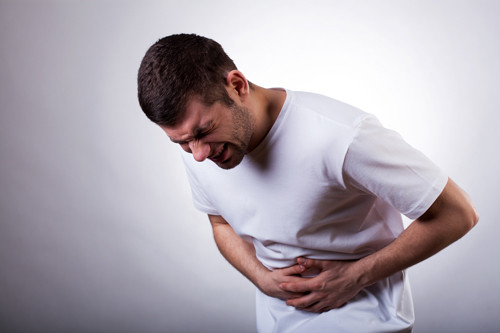 |
| Constipation and stomach pain:Constipation is another health problem that can arise from eating too much honey. The high fructose content is responsible for this. Other side effects can include bloating and diarrhea. Diarrhea can result when the stomach is unable to digest the sugars in honey. |
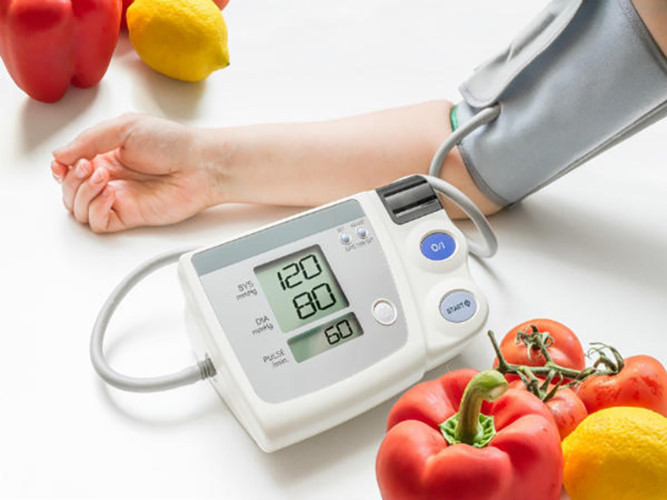 |
| Low blood pressure:The ingredients in honey can lead to low blood pressure if eaten in excess. Therefore, for people with low blood pressure, eating too much honey is dangerous, it can lead to serious problems for your heart. People with low blood pressure should consult a doctor before using honey. |
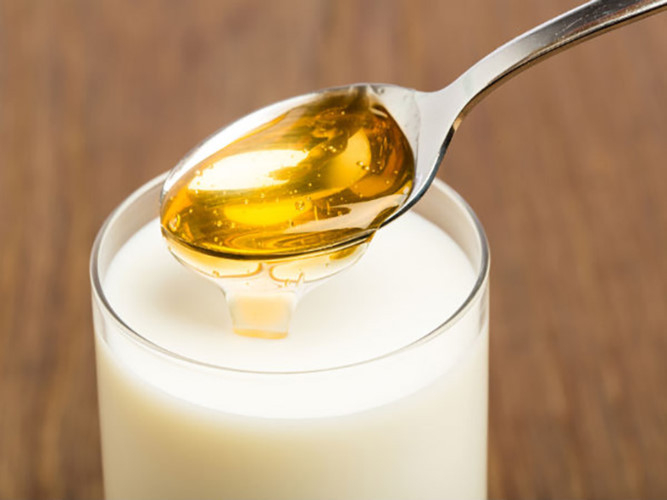 |
| Recommendations:As we have seen, the effects of consuming large amounts of honey on our bodies are very large. According to studies, it is recommended to consume only about 10 teaspoons (50 ml) of honey per day. But this dosage cannot be guaranteed, as it depends mainly on the diet and lifestyle of the person. A person who is very active may need more sugar than others. Therefore, the recommended dosage may vary. |
According to VOV







